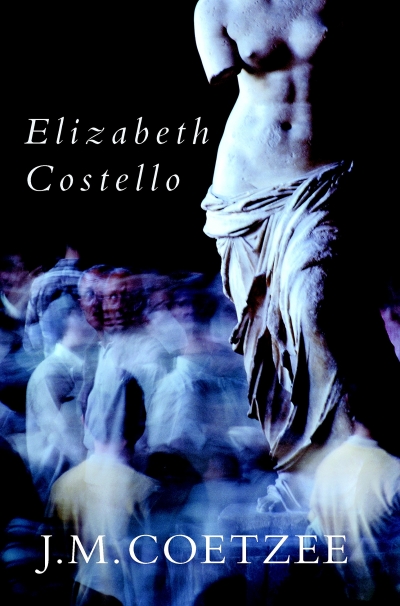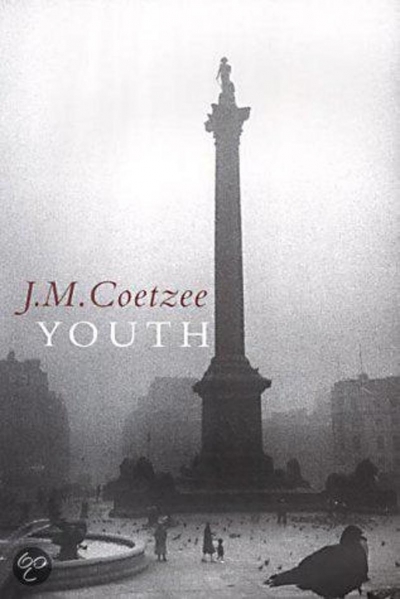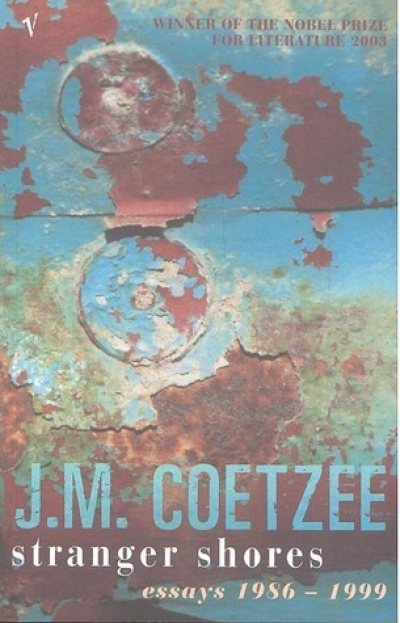JM Coetzee
For there is always going on within us a process of formulation and interpretation whose subject matter is our own selves.
These words appear towards the end of Erich Auerbach’s study of representation in Western literature, Mimesis. First published in 1946, the book has become a classic of twentieth-century literary criticism, but is almost as famous for the circumstances under which it was composed as for its content. It was written between 1942 and 1945 in Istanbul, where Auerbach, a German Jew, was living in exile.
... (read more)One of the phrases used by the Swedish Academy to describe J.M. Coetzee, winner of this year’s Nobel Prize in Literature, is ‘scrupulous doubter’. In his novels, memoirs, essays, lectures and academic criticism, Coetzee conveys the uncertainty and complexity of lived experience with extraordinary precision and, sometimes, with a clarity that is almost unbearable. Coetzee’s work is triumphant confirmation of the allegiance owed by literature to nothing except the truth of the human condition. His art succeeds despite, or rather because of, the fact that it is so alive to all the problems of form and content standing in its way. His prose communicates difficulty, dissonance and doubt without itself being any of these things.
In his Letters to a Young Novelist, Mario Vargas Llosa writes that ‘the defining characteristic of the literary vocation may be that those who possess it experience the exercise of their craft as its own best reward, much superior to anything they might gain from the fruits of their labours’. Coetzee himself has written that the ‘feel of writing fiction is one of freedom, of irresponsibility, or better, of responsibility toward something that has not emerged, that lies somewhere down the end of the road’.
... (read more)


